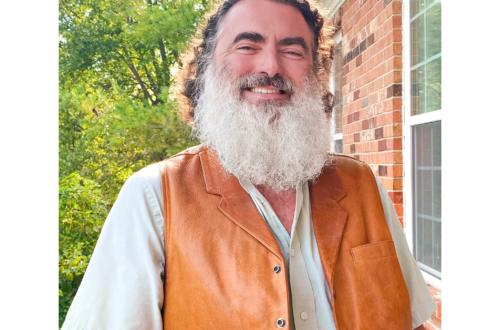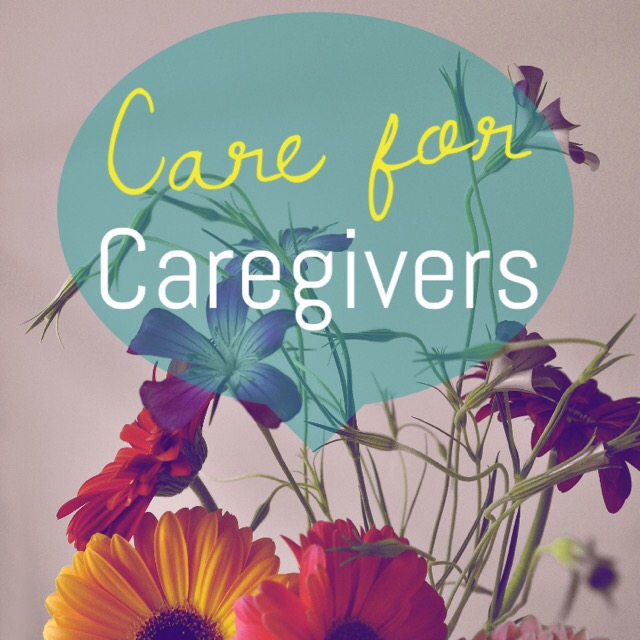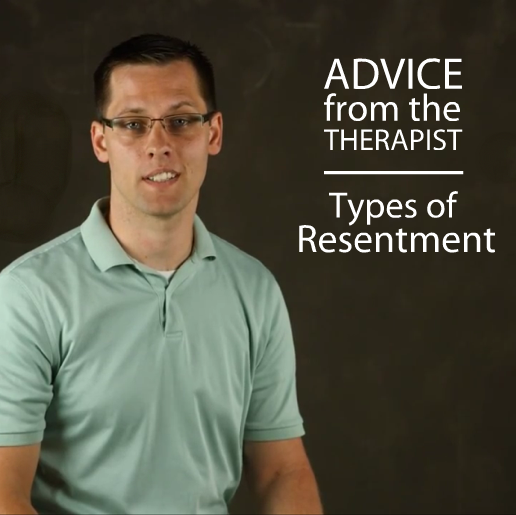Body in Focus
by Kelly Maxwell, MA, LPC
In a culture that defines a person by their body and equates being thin with the rights to respect, love, getting noticed and acknowledged, wearing nice clothes, and being appreciated, the temptation to pursue thinness at any cost can be powerful…particularly during summertime when bulky coats and sweaters are exchanged for more revealing shirts and thinner fabrics. Many women, and some men, look to unhealthy restrictive dieting in their quests to lose weight. Dieting is the most common precursor to the development of disordered eating patterns. Below are the two prevalent eating behavior cycles of eating disorders:
Dieting Cycles:
Toward Bulimia, Binge Eating Disorder, or Eating Disorder Not Otherwise Specified (EDNOS):
Food restriction –> feelings of deprivation –> pre-occupation with food –> overeating/binges –> guilt/shame/dissatisfaction with body –> REPEAT CYCLE
—or—
Toward Anorexia or Eating Disorder Not Otherwise Specified (EDNOS):
Food restriction –> feelings of elation/power/control –> continued restriction –> body chemistry disrupted –> cognitive thinking distorted and food rituals develop –> unhealthy body image/feel fat –> REPEAT CYCLE
Contributing Factors/Conceptualization:
Dieting and the desire to fit the thin ideal are not the only contributing factors, or even the primary impetus, toward the development of an eating disorder. No different than other addictions and emotional struggles, eating disorders often begin as a way of coping with a variety of emotional pains and turmoil in life. As infants, we enter a broken world filled with broken people and contribute our own sinful nature to life. Yet, created in God’s image, we were made for wholeness and perfect relationships with God, our selves, and others.
In this unnatural environment, as humans, we resort to maladaptive coping mechanisms to protect ourselves from pain and attempt to make life work. Eating disorders can serve a variety of functions in the lives of individuals including creating a false sense of control, offering an identity, minimizing painful emotions, re-orienting family dynamics, dramatizing internal experiences of life, and delaying the onset of puberty, among other purposes.
Often the internal experience of a person struggling with disordered eating is consumed by a constant preoccupation with food/calories, critical self-talk, anxiety/fear, numbness, and feelings of isolation. Additionally, body image distortion and embarrassment for eating behaviors is commonly present in individuals struggling with disordered eating.
If you or a friend is struggling with an eating disorder, it is critical to get help early given the physical complications of these disorders that affect one’s body and mind. Eating disorders can impact your heart, your teeth and mouth, your esophagus and digestive system, and your bodily organs (kidney, liver) in addition to making you feel insane! Healing, wholeness, and hope can surface as a struggler enters into their life story honestly and begins to understand their journey and the roots of their eating disorder in a safe, caring relationship with a therapist.
Signs of an Eating Disorder:
If a person answers TRUE to TWO of the following questions, it is likely that they have an eating disorder. SCOFF Questionnaire:
- Do you make yourself sick because you feel uncomfortably full?
- Do you worry you have lost control over how much you eat?
- Have you recently lost more than 15 pounds in a three-month period?
- Do you believe yourself to be fat when others say you are too thin?
- Would you say that food dominates your life?
Resources:
Finding Balance – Faith-based health and wellness organization with an emphasis on eating and body image issues. Website includes extensive video Q&A clips, access to a panel or eating disorder experts, and a resource store.
Castlewood Treatment Center – Local St. Louis treatment center for eating disorders. Website includes a host of educational power-point presentations, audio seminars, and blogs.
McCallum Place – Local St. Louis treatment center for eating disorders. Website includes eating disorder fact and treatment information.
Remuda Ranch – Faith-based eating disorder and anxiety treatment center located in Wickenburg, AZ. Website includes links to scholarly articles about eating disorders and other general information.



